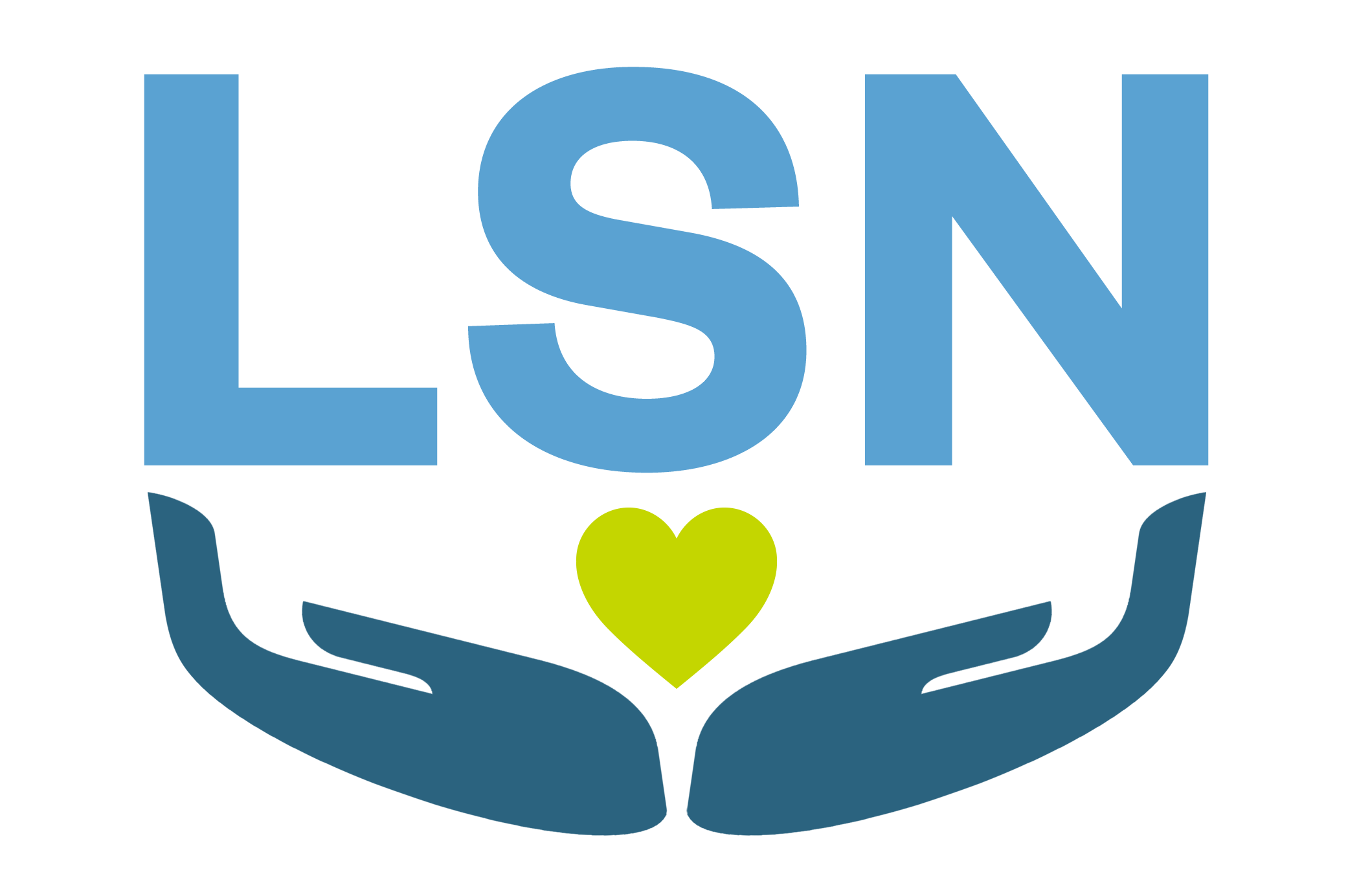Shame in Taking Breaks is Bad for Business

Managers in high-stress workplaces should take more time off and encourage employees to, say business school researchers.
Rest is essential to personal well-being and professional productivity. But employees in high-pressure environments feel ashamed to take a break, even after hours. When they do, they spend the next day covering their tracks, which is bad for them and bad for business.
How employees felt the morning after taking a break was the focus of a study led by Timothy Kundro, an organizational behavior professor at UNC Kenan-Flagler Business School who researches workplace morality and ethics.
Kundro did his research with fellow professor Mike Christian and doctoral graduates Salvatore Affinito ‘21 (Ph.D.) and Casher Belinda ‘23 (Ph.D.) Their findings are published in the Journal of Applied Psychology.
The researchers found that employees in high-pressure jobs experienced heightened levels of shame after resting the previous evening.
In a vicious cycle, shame increased reputational concerns, leading employees to make it seem like they’re doing more work than they are. Since no one benefits when employees are burned out or misrepresent their work, Kundro recommends that managers lead by example: take breaks themselves and encourage employees to do the same.
The empty rhetoric of self-care
In recent years, more governments and companies have embraced the language of mental health and self-care. From encouraging employees to take email breaks to allowing more remote work or personal days to spend time with family, policies appear to reflect an understanding that an unhealthy attachment to work can become a problem for employees’ health and the organization’s bottom lines.
Unfortunately, detaching from work is easier said than done, especially since researchers show that high-stress environments signal employees that it is “counter-normative.”
To better understand the mindset of employees who feel ashamed about taking time for themselves, Kundro and his colleagues surveyed hundreds of participants across business sectors. Employees who felt ashamed engaged in “cheating behaviors,” artificially and unethically elevating the appearance of their workload and performance.
How can organizations address this phenomenon? The onus should be on bosses, not on workers, says Kundro.
“Employers need to realize that there are consequences for high-pressure environments, which could result in bigger problems in the long-term,” he warns. Employees who engage in “cheating” behavior at work can distort performance measurement, throw a project off track and, ultimately, cost a company money.
Management has a strong incentive to change the culture: Companies run more smoothly when employees can disconnect without shame and return to work without feeling judged. Professionals such as surgeons, truck drivers, pilots and detectives take mandatory time off to ensure safety and performance. Rest sharpens cognition, improves mental health and reduces errors — outcomes that employers in every industry should strive to promote.
Leading by example
Organizations need to do more than just talk about self-care and mental health, says Kundro. They need to enact formal policies and informal norms to ensure workers rest and therefore perform their best.
One solution is for employers and managers to lead by example. When leaders occasionally disconnect from work, they signal to employees that resting won’t cost them promotions. Certain high-pressure workplaces should consider implementing a “use it or lose it” vacation policy, where it becomes mandatory to take time off, says Kundro.
“Once empowered by their organization,” he says, “employees can detach peacefully,” and detachment can lead to greater productivity and earnings in the long term.
The team’s research shows how the cycle of intense pressure, evening detachment, morning shame and workday cheating is harmful and widespread. Companies need to break that cycle to secure employees’ health, performance and, in turn, their profits.
By UNC Kenan-Flagler Business School , Monday, November 20th, 2023

